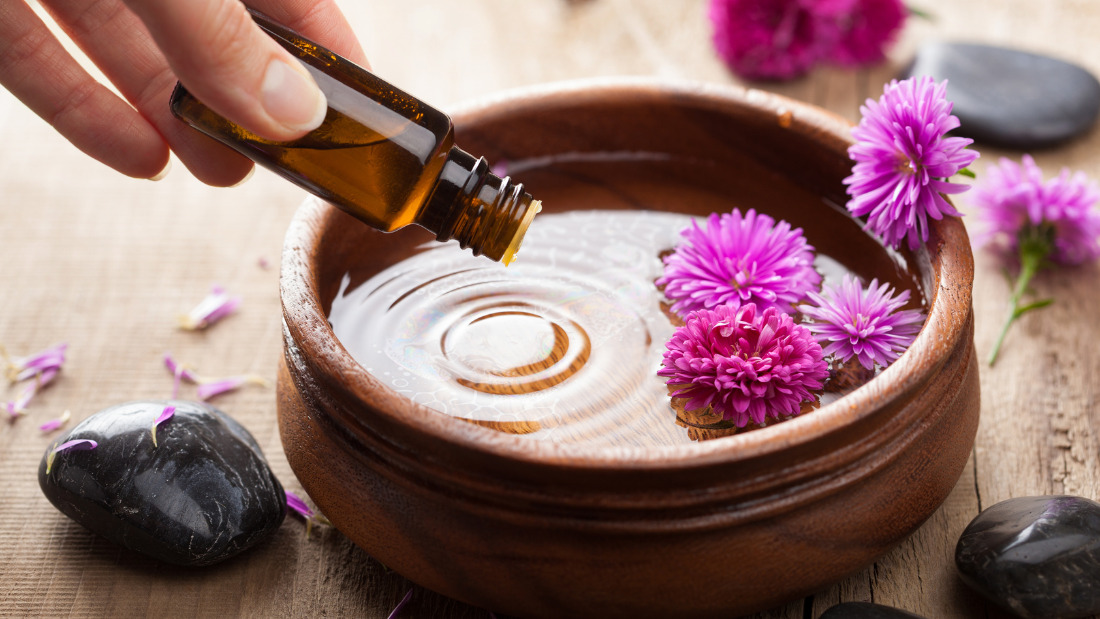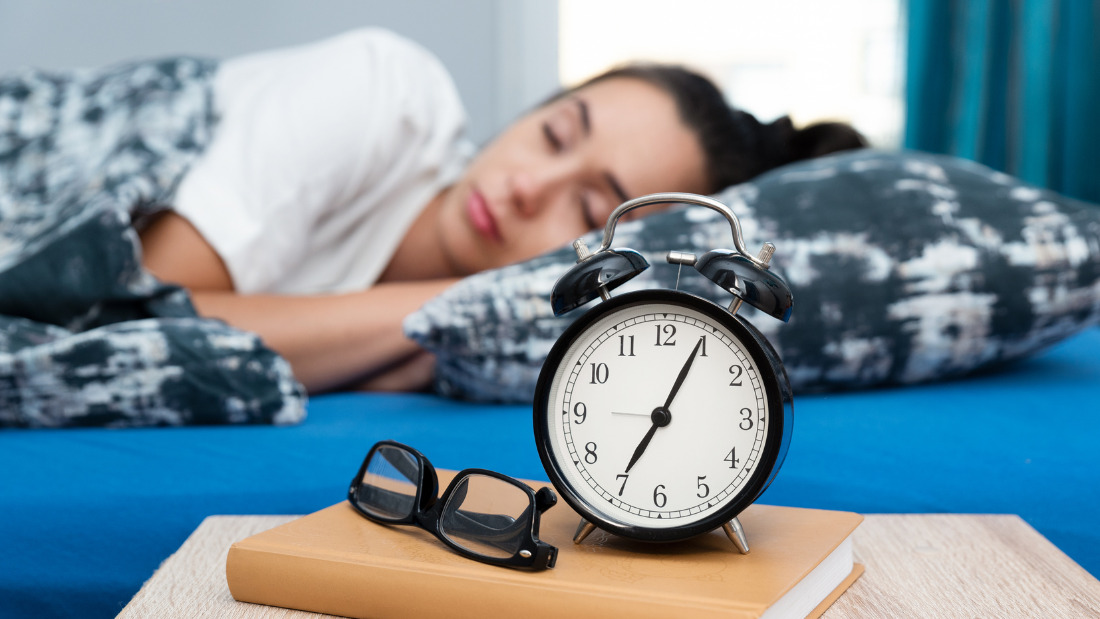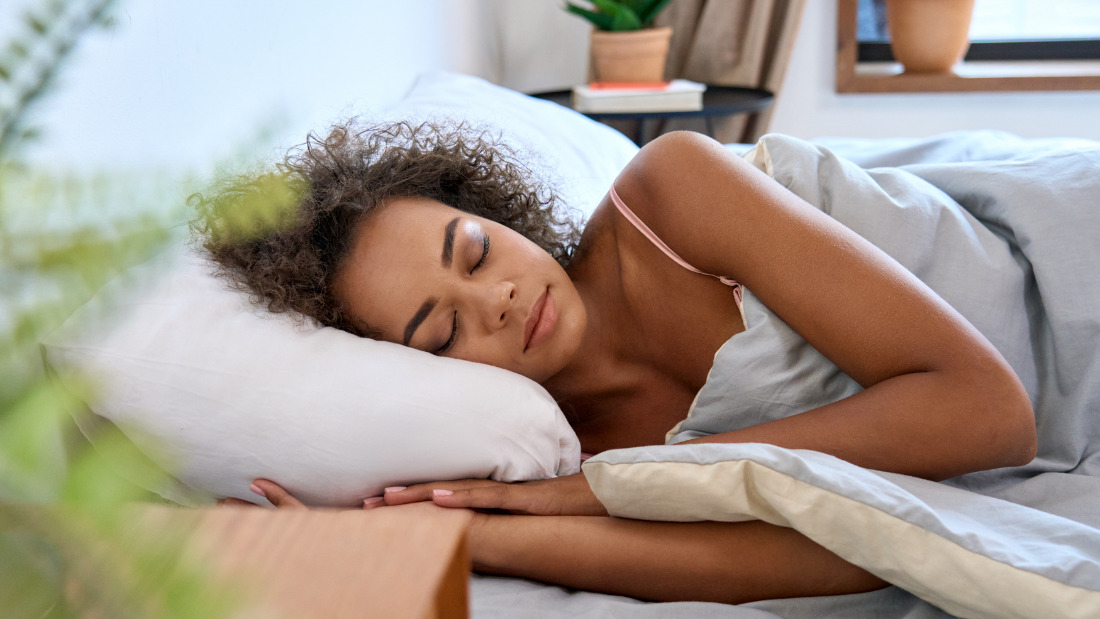It seems a strange topic “how to enjoy quality sleep”. Some of you may read this and think that you sleep well—so what is all the fuss? Others will be frustrated and think, why can’t I sleep? Then a few may think that sleep is not important at all and that you feel fine on less than 7 hours. The current recommendation for quality sleep for adults is 7 to 9 hours of unbroken sleep. On average, adults sleep 8 hours.
#1 Sleep is a necessity not a luxury
One of the most important things you can do to improve your sleep is to change your attitude. Give yourself time to sleep. It is important for the health of your mind and body.
- During deep sleep (stage 3 sleep) body repair, growth and development occurs—muscle repair, hormone release, maintenance of our immune system and metabolism for example.
- Stage 4 sleep, known as Rapid Eye Movement (REM), is important for our minds—learning and memory.
What happens when we don’t have enough sleep?
Not having enough sleep has immediate and longer-term health consequences:
- Poor concentration, decision-making and response time
- Memory loss
- Increased mood swings, irritability and depression
- Decreased immune function
- An increased risk for weight gain and cardiovascular disease is associated with sleeping less than 6 hours. Sleeping less than 5 hours increases your risk of type 2 diabetes.
When were don’t get enough sleep our cortisol (stress hormone) level increases and we experience increased blood pressure, impaired blood glucose control and increased inflammation. Our appetite for sweet and fatty foods increases, and our natural satiety mechanism is less effective.
#2 Your food choices support quality sleep
Eating before bed
- Finish your last meal of the day, well before bed. A minimum 2 hour break is suggested. Eastern medicine recommends that we eat most of our food by midday.
- A fatty meal takes longer to digest, so it best not to have fatty foods prior to bed.
- If you need to eat prior to bed, try a vegetable based soup—something that is light and easier to digest.
Caffeine
Caffeine is a stimulant found in coffee, tea and chocolate, and it is added to some sugary beverages. Research suggests that up to three coffees a day will not have a negative impact on health. However, some people are sensitive to caffeine and are better avoiding it all together. If you are relying on coffee or other caffeinated beverages to keep you awake and boost your energy, then you could be overriding your natural sleep mechanism.
Alcohol
It is a myth that alcohol helps us to sleep. It may help you to fall asleep, but it will most likely lead to interrupted sleep in the early hours of the morning.
#3 Exercise encourages quality sleep
Exercising during the day, especially outdoors, supports your natural sleep–wake cycle. Sunshine helps to regulate melatonin, the hormone required for sleep. The best times for exercise are in the morning and late afternoon. Slow and relaxing yoga postures may be completed in the evening to assist sleep.
#4 Aromatherapy for sleep

Essential oils that promote relaxation and sleep include:
Chamomile, frankincense, geranium, lavender, rose and ylang ylang
Adding essential oils to a bath is both nurturing and relaxing. Balneotherapy, the taking of baths, is an ancient healing tradition.
#5 Create a sleeping environment and routine
- Aim to go to bed at the same time every night. If you want to wake up at 6am, then be in bed ready for sleep by 10pm.
- Turn off all sources of bright artificial light, including TV, notebooks and smart phones 1 to 2 hours prior to bed. Avoid having an electronic alarm clock and other devices in your bedroom.
- Relax your mind and body the hour before bed. Gentle yoga or a meditation practice might assist.
- If your mind is overactive have a book to write down ideas and tasks that you need to complete. This will help your mind to relax.
- Please refer to the Sleep Foundation for advice on sleep and shift-work.
Sleep is a necessity for our total health. An occasional night without sleep is okay, but ongoing poor quality sleep leads to tiredness and fatigue. It impacts on our ability to think clearly and our mood. A lack of sleep is also associated with increased risk of unhealthy weight gain, heart disease and type 2 diabetes. If you have ongoing problems establishing a sleep routine, then seek support and advice from your healthcare practitioner.
For further lifestyle guidance and support I recommend the Eating for You book.


A good read on sleep
Glad that you enjoyed the read Ellen. Thanks for sharing x